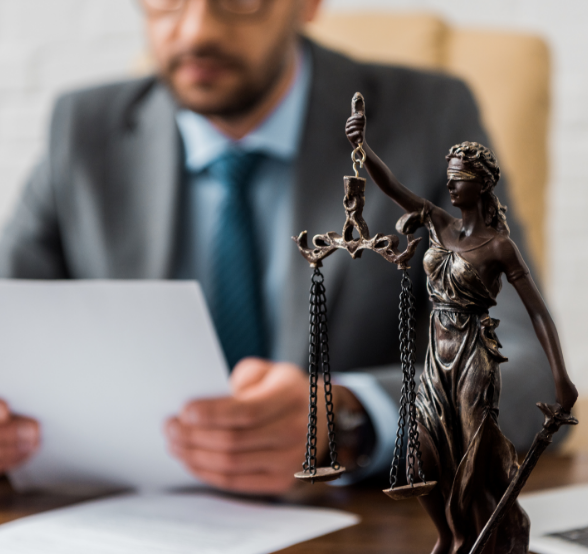The most common form of Consumer Bankruptcy, liquidation involves the appointment of a trustee who collects the non-exempt property of the debtor, sells it, and distributes the proceeds to the creditors. Laws dictating property exemption differ from state to state, but each state allows debtors to keep essential property.

